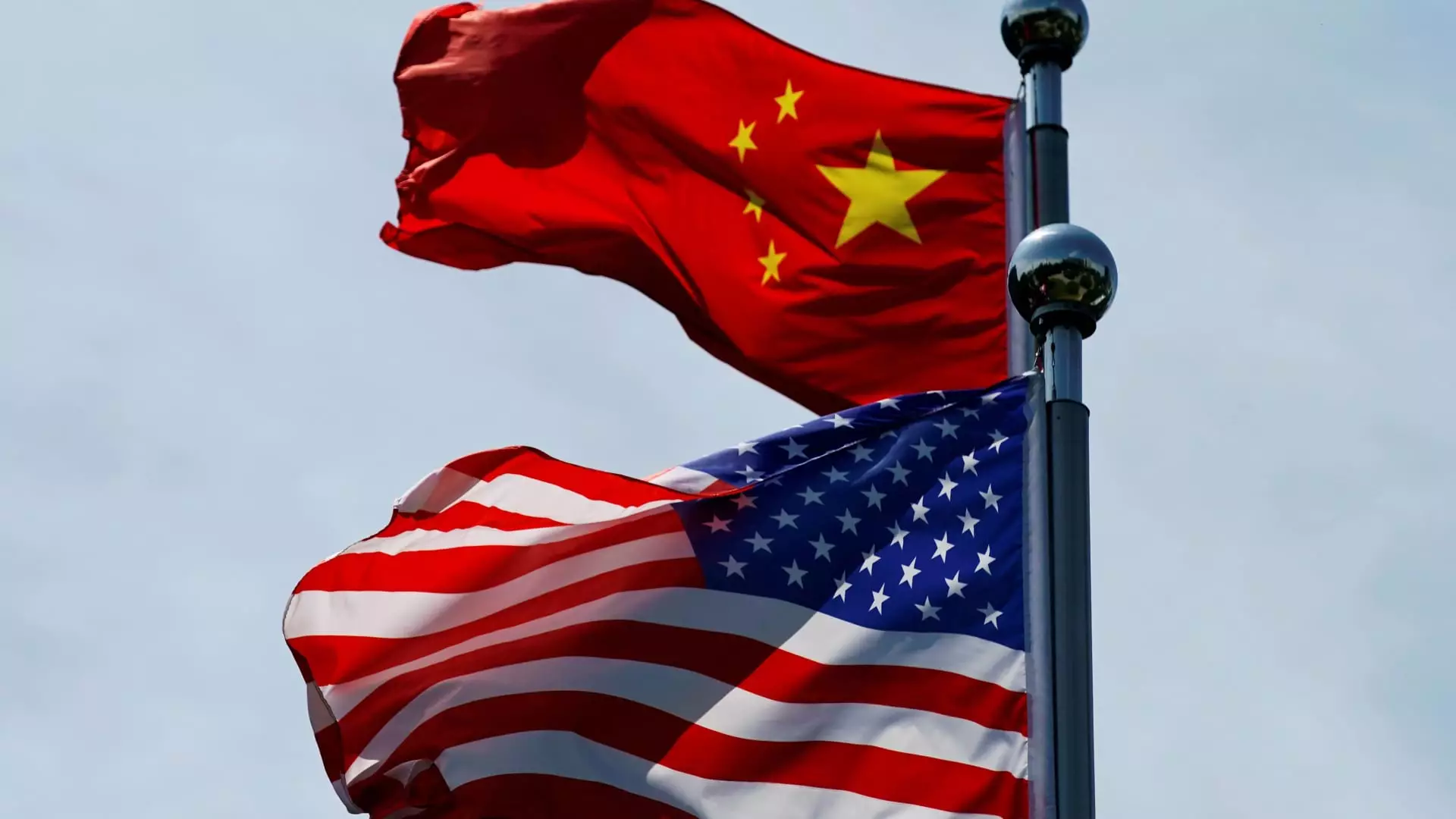In a bold and assertive move, the President-elect Donald Trump has signaled his intention to impose substantial tariff increases on a range of imported goods from China and North American neighbors, Mexico and Canada, set to commence with his inauguration on January 20. This decision underscores a shift in trade policy aimed at addressing serious socio-economic issues, notably illegal immigration and the rampant drug crisis affecting the United States. However, this development raises valid concerns about the broader implications for international trade relations and the economic landscape.
Main Justifications for Tariffs
Trump’s reasoning for these tariff increases ties directly to concerns over the influx of illicit drugs, particularly Fentanyl, flowing into the U.S. from China and Mexico. His assertion that discussions with Chinese authorities have yielded no tangible results concerning drug trafficking points to a growing frustration with insufficient cooperation on this front. Fentanyl, a powerful synthetic opioid responsible for a significant number of overdose deaths, represents a serious public health crisis for the U.S., drawing a direct line between trade policy and domestic safety concerns. However, the approach of imposing tariffs as a response to drug trafficking raises questions about efficacy. Critics argue that such blanket measures do little to address the roots of supply chain issues and may inadvertently harm middle and lower-income consumers who rely on affordable imported goods.
From an economic standpoint, the proposed tariffs could have far-reaching consequences. Analysts note that the suggested 10% tariffs on Chinese products, while lower than the anticipated 20%-30% during Trump’s campaign, still represent an escalated trade barrier that could strain relationships. Goldman Sachs’ chief China equity strategist, Kinger Lau, expresses concern over how these tariffs might incite a series of countermeasures from China, including potential monetary easing and currency depreciation to buffer the expected economic impact. The U.S. and China maintain a complex commercial relationship that includes substantial bilateral trade, and disruptions to this could have ripple effects across global markets.
Moreover, Trump’s proposed tariffs on both Mexico and Canada signal a dramatic reversal in U.S. trade strategy, effectively dismantling existing free trade agreements in favor of protectionist policies. This could complicate a historically cooperative trading environment, further jeopardizing jobs in industries reliant on low-cost goods and cross-border supply chains. Canada and Mexico, ranking as the U.S.’s largest trading partners, have much to lose in this scenario, and retaliatory measures could pose significant risks to the economies of all three nations.
Global Reactions and Potential Outcomes
The global financial market has already begun to react to these potential policy changes, with fluctuations in currency values highlighting investor apprehension regarding the implications of Trump’s trade plan. As seen with the U.S. dollar strengthening against the Mexican Peso and Canadian dollar, stakeholders are bracing for volatility that could accompany this newfound trade hostility. Notably, experts from various financial institutions, including Matthews Asia, suggest that China’s response may be cautious, as they often avoid dramatic retaliations that could adversely affect their own economy.
While President-elect Donald Trump’s proposed tariff increases seek to tackle critical issues surrounding illegal immigration and drug trafficking, the strategy raises significant questions about its actual effectiveness and the associated economic risks. The potential for escalated trade tensions and retaliatory policies could have profound implications for U.S. relationships with Canada and Mexico, as well as for long-term U.S.-China relations. As the international community watches closely, the success of these proposed tariffs will ultimately depend on their implementation, the U.S.’s responsiveness to global economic feedback, and the willingness of trade partners to navigate these complex dynamics collaboratively. Constructive dialogue and cooperation may be necessary to mitigate adverse effects on trade while addressing crucial domestic challenges.

Leave a Reply